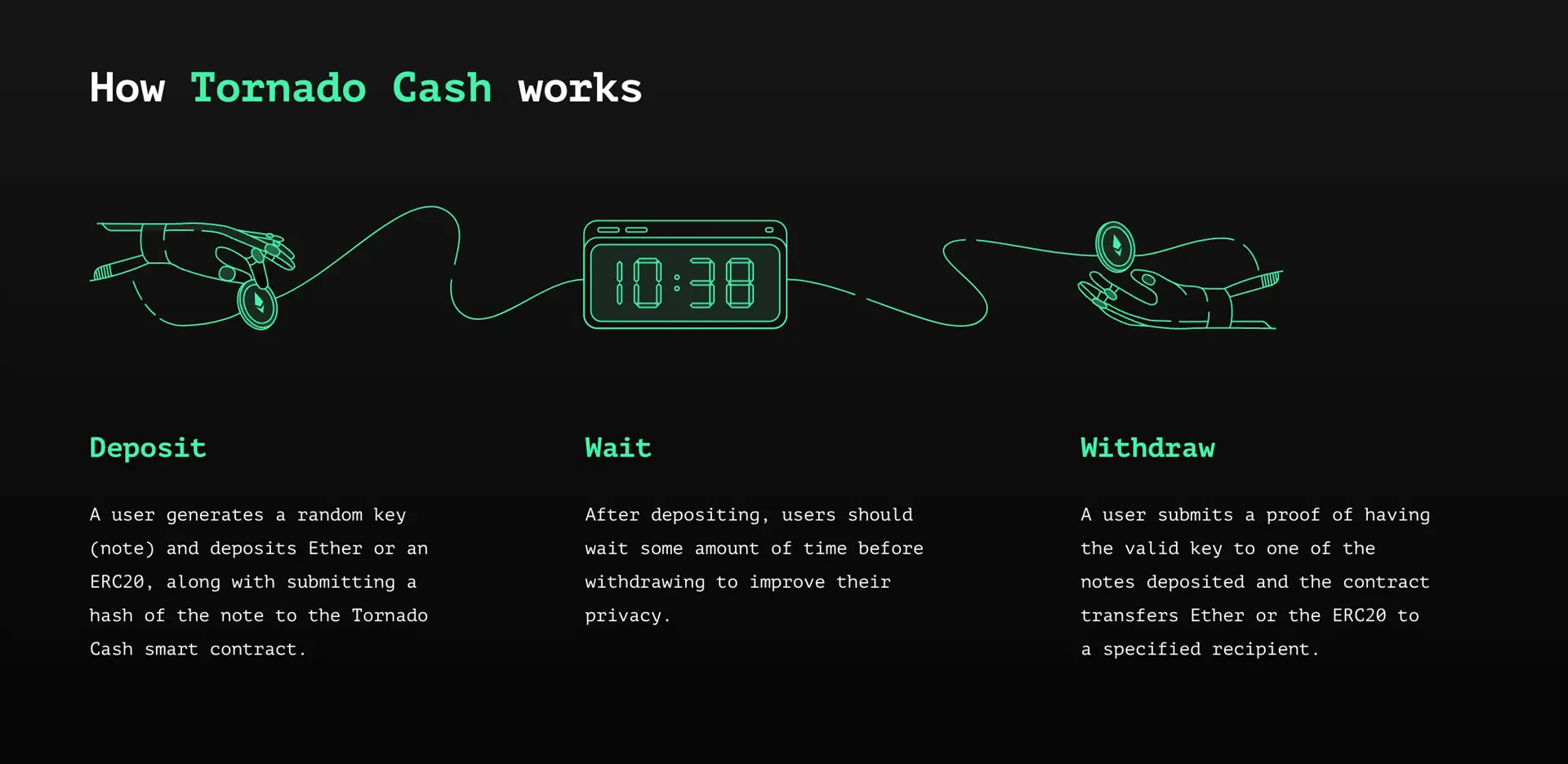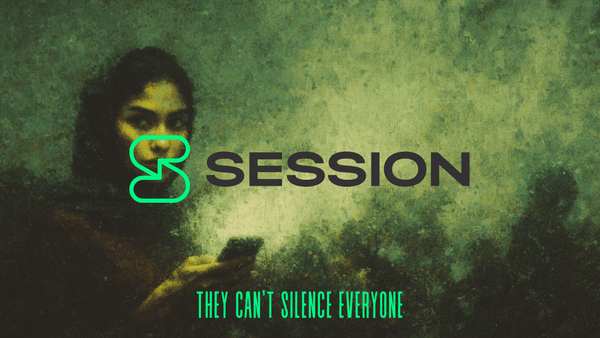Privacy Is Normal, and Writing Code Is Not a Crime
The crypto community rallies behind Roman Storm as the US government escalates its war on financial privacy

The most dangerous precedent in crypto isn't being set by regulators or politicians it's being set in a Manhattan courtroom where the Department of Justice is trying to criminalize the act of writing privacy software.
Roman Storm, co-founder of Tornado Cash, faces trial in 31 days for the crime of building what he describes as "software that's non-custodial, trustless, permissionless, immutable, unstoppable." The Ethereum Foundation just put $500,000 behind the principle that "privacy is normal, and writing code is not a crime," with a promise to match up to $750,000 in community donations.
This isn't just about one developer. This is about whether independent programmers have any right to build financial tools that governments can't control.
Tornado Cash is a privacy protocol on Ethereum that allows users to break the link between their sending and receiving addresses. Think of it as the digital equivalent of withdrawing cash from an ATM it provides the basic financial privacy that most people assume they already have.

The protocol works through smart contracts that pool user deposits and allow withdrawals to fresh addresses, making transaction histories harder to trace. It's not anonymous in any absolute sense, but it provides enough privacy to protect users from casual surveillance, targeted harassment, or authoritarian financial control.
Tornado Cash became essential infrastructure for people living under authoritarian regimes, journalists protecting sources, activists organizing resistance, and ordinary citizens who refused to accept that every financial transaction should be subject to corporate and government surveillance.
The technology itself is neutral. Like encryption, privacy tools can be used by both legitimate users seeking financial privacy and bad actors attempting to launder money. The difference is that we don't criminalize cryptography because some people use it for illegal purposes.
Storm's legal nightmare began when the US Treasury sanctioned Tornado Cash in 2022, arguing that the protocol facilitated money laundering. The move was unprecedented sanctioning open source code rather than specific individuals or entities. It was like sanctioning the mathematics behind encryption because some criminals use encrypted communications.
The charges against Storm include conspiracy to commit money laundering and operating an unlicensed money transmitting business. The government's theory is that Storm should have built know-your-customer (KYC) requirements into the protocol and somehow "controlled" a decentralized system designed to be uncontrollable.
Storm put it perfectly: "The DOJ wants to bury DeFi, saying I should've controlled it, added KYC, never built it." The prosecution's logic would make it illegal to create any financial software that prioritizes user privacy over government surveillance.
The stakes couldn't be higher. Storm himself warned: "If I lose, DeFi dies with me. The dream of financial freedom, the code I believed in it all fades into darkness."
The Ethereum Foundation's support represents more than financial backing it's a principled stand that privacy tools are legitimate technology deserving protection. Their statement that "privacy is normal, and writing code is not a crime" should be obvious, but apparently needs defending in court.
The $500,000 donation, with matching funds up to $750,000, shows the crypto community understands what's at stake. Storm still needs $1.5 million total for his legal defense, meaning community donations of $750,000 would fully cover his remaining costs through the foundation's matching program.
This level of financial support isn't charity it's self-defense. Every developer working on privacy-focused cryptocurrency tools is watching this case, knowing their own freedom depends on the outcome.
Storm isn't the only crypto pioneer facing government persecution for the crime of building financial freedom tools. Roger Ver, known as "Bitcoin Jesus" for his early advocacy of cryptocurrency adoption, faces up to 109 years in prison on charges that many in the crypto community view as retaliatory prosecution.

Ver's case represents another front in the government's war on crypto innovation. Like Storm, Ver is being prosecuted not for any traditional crime, but for building and promoting tools that enable financial sovereignty outside traditional banking systems.
The parallel prosecutions of Storm and Ver reveal a coordinated strategy to criminalize crypto development through selective enforcement and creative legal theories. The message is clear: build financial tools that threaten government control, and face the possibility of spending your life in prison.
Ver's supporters have launched a campaign calling on the US government to "end the unjust prosecution" of a "pioneer in cryptocurrency" and "advocate for economic freedom." They argue that Ver faces "false charges" representing an "alarming misuse of power" aimed at "suppressing innovation and dissent."
Both cases represent the same fundamental question: do software developers have the right to create tools that provide financial privacy and sovereignty, or will the government criminalize any technology that reduces its surveillance and control capabilities?
The answer will determine whether the next generation of financial innovation happens in free societies or moves entirely to jurisdictions beyond US legal reach.
The crypto community's response to Storm's legal defense fund will send a signal about whether developers can count on support when they face government persecution for building privacy tools. The Ethereum Foundation has already sent that signal with their substantial donation and matching program.
Storm's trial begins in July, and Ver's case continues to unfold. The outcomes will determine whether "writing code is not a crime" remains true in practice, or whether building financial privacy tools becomes too dangerous for independent developers to attempt.
Support for both Storm and Ver is available through their respective defense funds. The future of financial privacy may depend on whether the crypto community backs up its rhetoric about freedom with actual financial support for the developers willing to fight for those principles in court.
Roman Storm Defense Fund: juicebox.money/@defend-roman-storm
Roger Ver Defense Campaign: freerogernow.org
Privacy is normal. Writing code is not a crime. But apparently, that needs to be proven in court.








